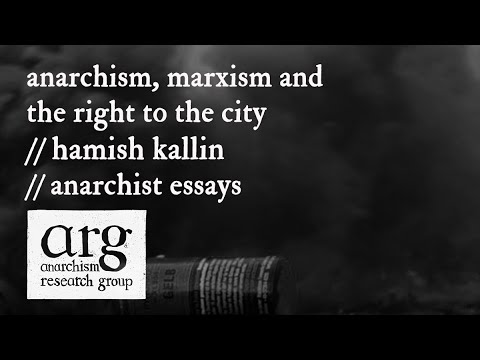The ‘right to the city’, as a slogan, a demand, and a body of intellectual work, calls for a radically democratic city. It comes from the work of Henri Lefebvre – French philosopher, Marxist, sociologist, flamboyant revolutionary – from a short piece that came out in 1968, that canonical year in left wing mythology. The right to the city is an appealing idea, because it promises to unite disparate urban struggles on a whole range of issues – from anti-gentrification activism to reclaim the streets marches, community gardens to housing co-ops, anti-police violence campaigns to the fight for better public transport, and so on – into some kind of radical whole; a vision that coalesces around the demand for a city that is more substantially controlled by those who live in it.


